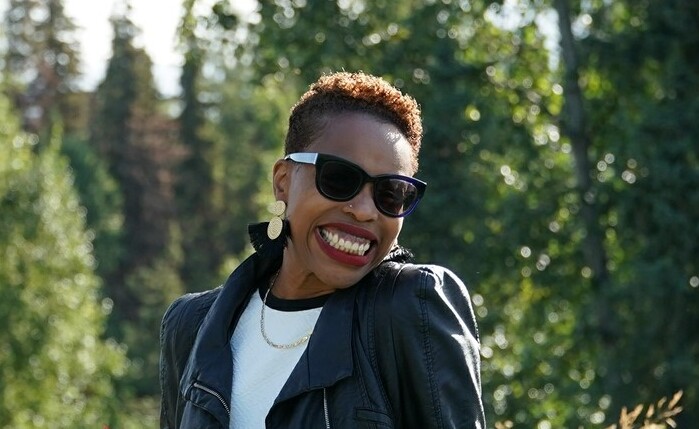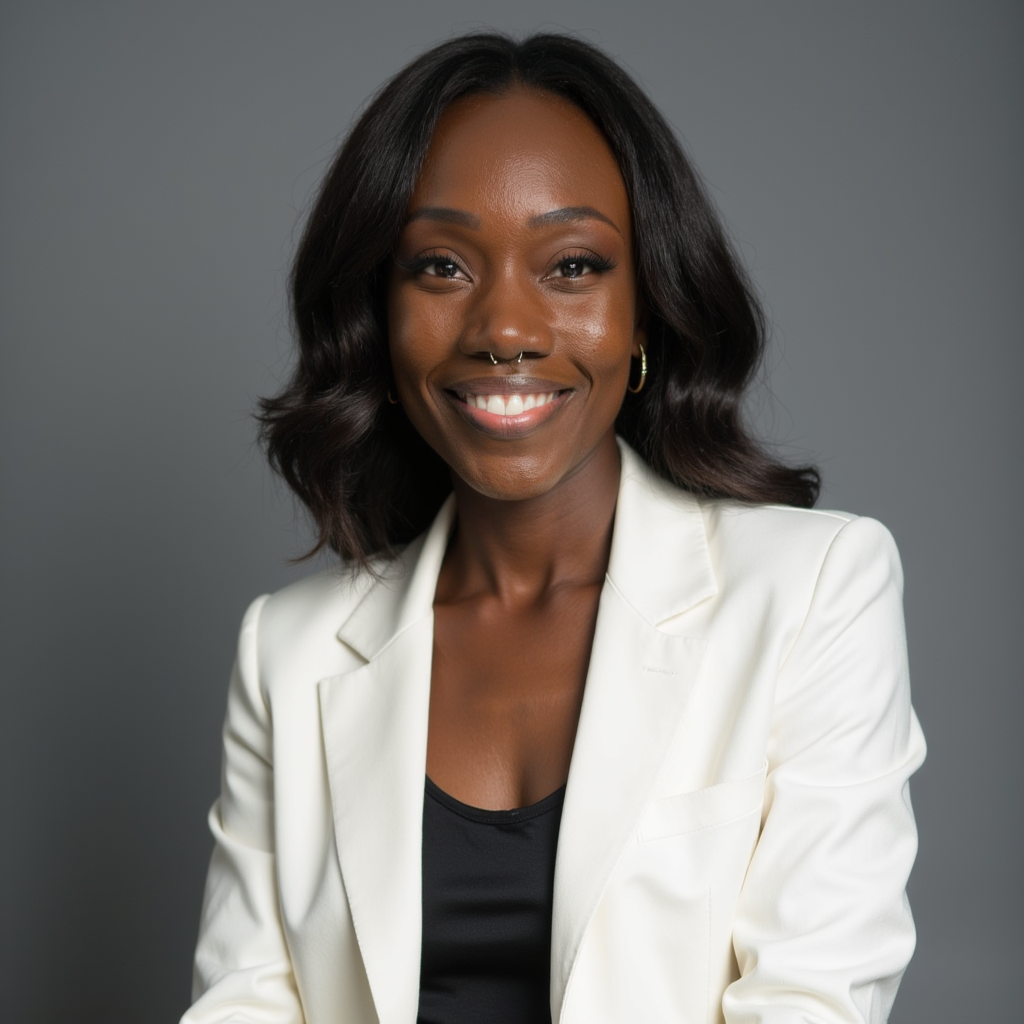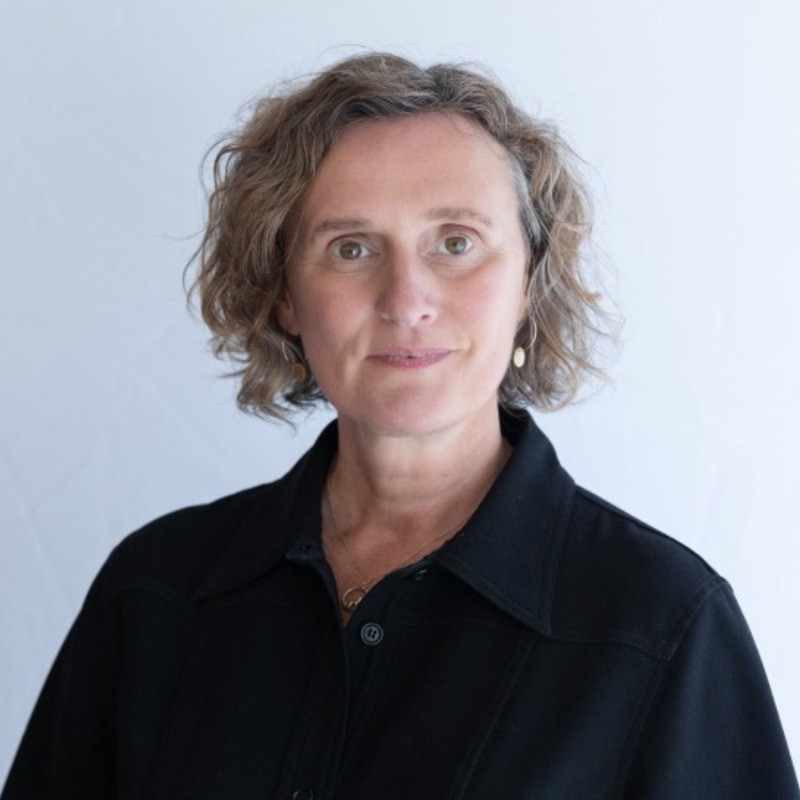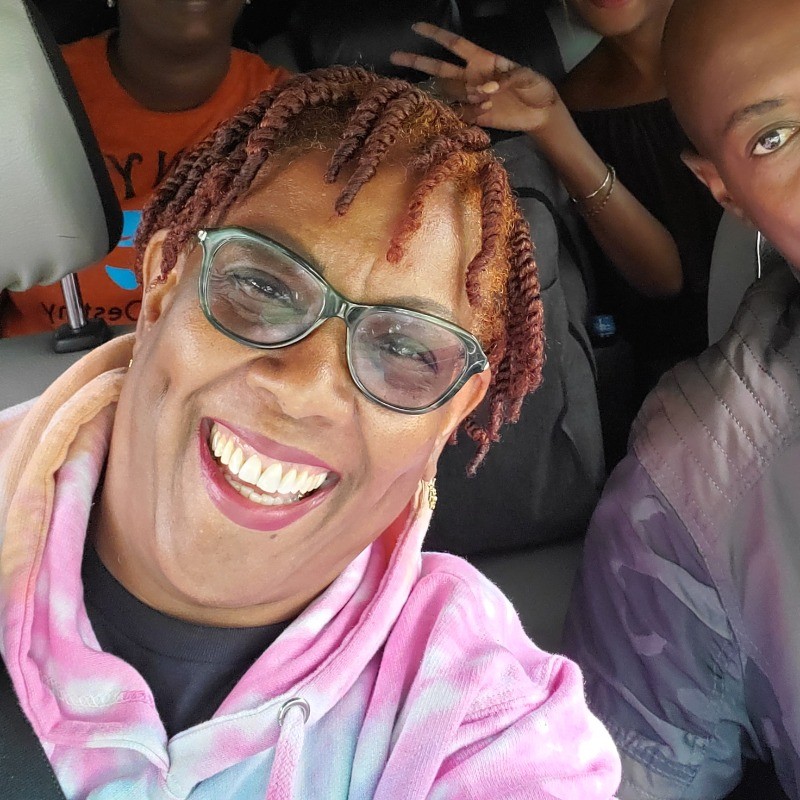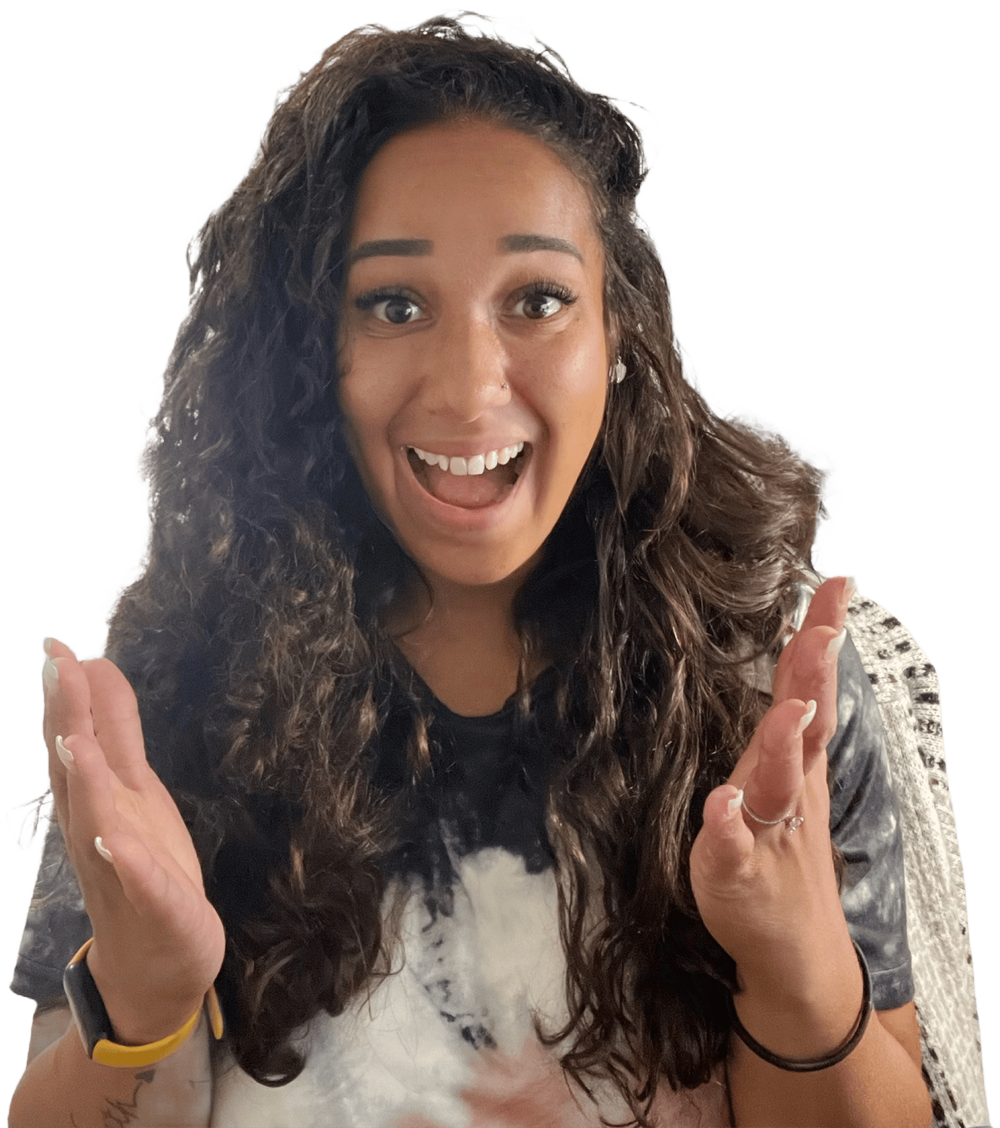Melissa Shillingford helps purpose-driven entrepreneurs and organizations simplify their systems and lead with clarity. Through her company, Make Ideas Work, she offers practical tools, workshops, and facilitation that prioritize people over paperwork. Her approach to project management is rooted in human-centered practices that reduce overwhelm and support sustainable growth. Whether she’s guiding a team through a strategic plan or helping founders create workflows that actually work, Melissa makes it easier to focus on what matters most—your mission and the people you serve.
Could you elaborate on the nature of your business, highlighting its purpose and the ways it benefits people?
I created Make Ideas Work to help mission-driven people like myself stop drowning in the day-to-day and start building systems that truly support their work—and their well-being. I work with organizations, consultants, and entrepreneurs who care deeply about their mission but often feel stretched thin or overwhelmed by the operational side of things.
My work is all about making things simpler and more human. That looks like leading strategic planning sessions, facilitating team retreats, and offering tools that help folks run better meetings, manage projects with more clarity, and protect their time and energy.
The biggest win? Clients walk away feeling clearer, more grounded, and more confident in how they’re showing up for their work. My goal is to create space for people to do their best work—without sacrificing themselves in the process.
What inspired you to start your journey as a coach and entrepreneur? Were there any specific events, challenges, or people that motivated you to take this path?
What inspired me to start my journey as a coach and entrepreneur was honestly a mix of burnout, purpose, and clarity. I had spent over a decade working in nonprofit leadership—managing programs, leading teams, organizing retreats—and I loved the mission, but I was tired. Tired of doing meaningful work in ways that felt unsustainable. I knew there had to be a better way.
There wasn’t one single moment, but rather a series of realizations. I noticed how many people around me—especially those working for social good—were overwhelmed, under-supported, and doing way too much with way too little. And I thought, What if we could do this differently? What if we could build systems that actually support people and create space for rest, creativity, and clarity?
That’s what led me to start Make Ideas Work. I didn’t want to wait until I had it all figured out. I wanted to share what I’d learned, walk alongside other changemakers, and create a business that helps people do work that matters—without losing themselves in the process.
Looking back at the beginning of your career, what were the major challenges you faced when establishing yourself as a leader/coach? How did you overcome those obstacles?
Looking back at the beginning of my career, one of the biggest challenges I faced was learning how to lead without burning out. I stepped into leadership roles early—often managing programs, people, and big responsibilities before I had the support or tools to do it sustainably. I thought being a strong leader meant doing everything myself, saying yes to everything, and pushing through no matter how I felt.
Another challenge was navigating imposter syndrome. I often found myself in rooms where I was the youngest, the only woman of color, or the one with the “nontraditional” background—and I questioned whether I truly belonged. It took time to recognize that my lived experience, relational approach, and strategic thinking were valuable leadership assets—not liabilities.
What helped me overcome those obstacles was investing in community, mentorship, and learning. I started building relationships with people who reminded me that I didn’t have to do it all alone. I also became more intentional about creating boundaries, building systems, and leading from a place of clarity and care.
That mindset shift is at the heart of the work I do now. I want to help others lead in ways that feel aligned, not exhausting.
Would you like to share any remarkable achievements?
One of the achievements I’m most proud of is helping a nonprofit that I’ve admired for so long and that is committed to social justice and youth development, create and launch their very first strategic plan. It wasn’t just about writing a document—it was about guiding a team through a process that aligned their daily work with their long-term vision. We clarified their goals, brought staff voices into the planning, and laid the foundation for sustainable, values-driven growth.
Another moment that stands out is launching Make Ideas Work and seeing it become a trusted partner to organizations and entrepreneurs who are trying to do meaningful work without burning out. Every time a client tells me, “This helped me breathe,” or “Now I know where to start,” it reminds me why I started this journey.
Women are a growing force in the workplaces worldwide, standing shoulder to shoulder with their male counterparts. What are your thoughts about women leadership today?
Women’s leadership today is not just gaining visibility—it’s reshaping how we define effective leadership. Women leaders often bring a human-centered approach that emphasizes collaboration, empathy, and adaptability. These qualities are increasingly recognized as essential in navigating complex organizational challenges.
Research supports this shift. Studies have shown that women in leadership roles contribute to increased productivity, enhanced collaboration, and improved organizational dedication. Their presence is associated with more meaningful work experiences and reduced burnout among employees.
However, despite these benefits, women remain underrepresented in top leadership positions. For instance, as of recent reports, women hold a minority of senior roles in major corporations. This underrepresentation suggests that while progress has been made, there is still work to do in creating equitable opportunities.
In my own journey, I’ve found that embracing a leadership style that values people over processes leads to more sustainable and impactful outcomes. By fostering environments where team members feel heard and supported, we not only achieve our goals but also build resilient organizations.
Ultimately, the rise of women in leadership is not about replacing one model with another; it’s about expanding our understanding of what effective leadership looks like. By valuing diverse perspectives and inclusive practices, we can create workplaces that are not only more equitable but also more successful.
What message/advice would you have for future women leaders and aspiring entrepreneurs?
You don’t have to wait until everything is perfect to begin. Start with what you have, where you are. Clarity often comes from action, not overthinking. Surround yourself with people who see your vision and remind you of your worth when doubt creeps in—because it will.
Build systems that support you, not just your business. Protect your energy, guard your peace, and trust that rest is not the opposite of productivity—it’s what makes it possible.
And finally, lead in a way that’s true to you. Your leadership doesn’t have to look like anyone else’s to be powerful.
Get in touch here:
https://make-ideas-work.kit.com/worksmarter

